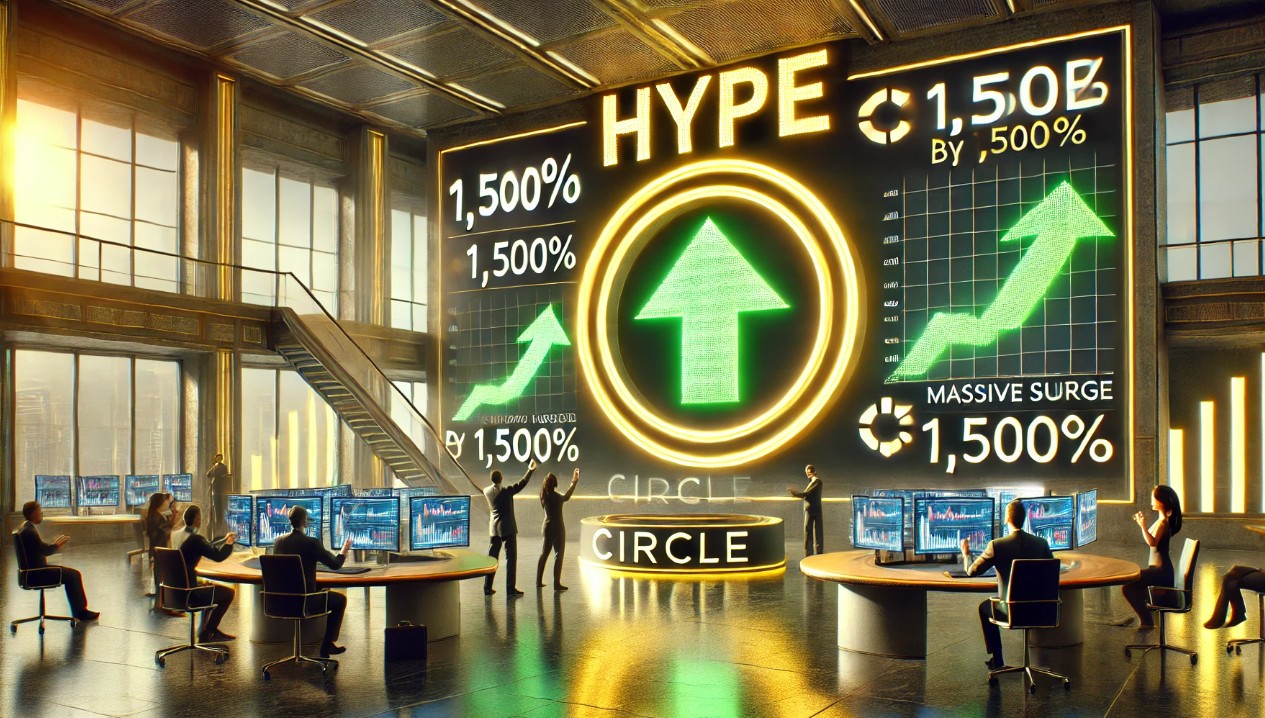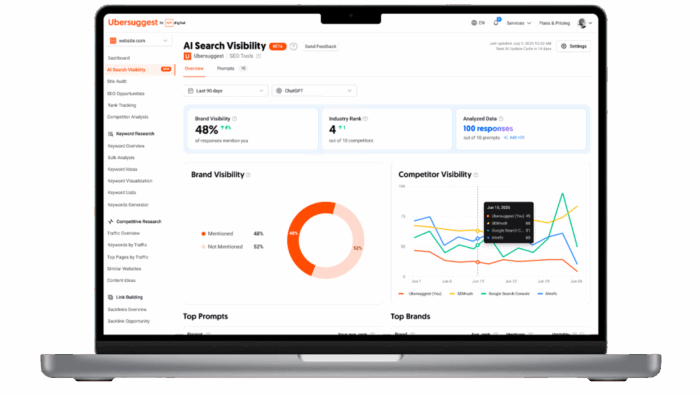CES 2023—how brands are leveraging technology for inclusivity, equity and sustainability
Tech for tech’s sake was almost completely gone from the convention floor.

The notion of technology advancing humanity rather than competing with it is not a new concept for CES, but its increased commitment to that goal was on display at this year’s event, whose theme was “Human Security for All.”
The Consumer Technology Association announced in June 2022 that it would partner with the World Academy of Art and Science to use CES 2023 to showcase the critical role of technology in support of the United Nations efforts to advance human security. That security includes access to food, health care and personal mobility.
So, not surprisingly, tech for tech’s sake was almost completely gone from the convention floor. It was all about tech for humanity’s sake: Less flash, more function. Less hype, more help. Less gimmicks, more good. The show was about care, equality and simplicity.
Care for all by doubling down on sustainability
Samsung is taking action on climate change—through a partnership with Ocean Wise Plastics Lab and Patagonia—with a washing machine filter that reduces microplastics in the water. The filter can reduce micro plastic pollution (shed by synthetic fabrics such as fleece and polyester when washed) by 54%. And by leveraging AI, Samsung's SmartThings platform will give consumers recommendations for sustainable appliance use so that they can reduce their carbon footprint at home.
Similarly, Panasonic used CES to shine a light on innovations that tackle the world’s most pressing environmental problems in hopes of inspiring others to join. The brand’s conceptual “Green Impact City” is a carbon-neutral environment that would transform the energy grid from carbon to hydrogen; recreate mobility with greater efficiency and no emissions; and provide homes that sustainably create inner, outer and spatial well-being.
And instead of chunky air purifiers, French startup Neoplants is designing genetically modified houseplants so that they can absorb air pollutants. Neoplants “targets specifically a group of indoor air pollutants that can’t be efficiently captured by traditional air purifiers.”
Equality through the metaverse
Last year, headlines focused on metaverse experiences that are fun and engrossing. While those are still relevant, CES showed us how the metaverse is at its best when leveraged for more practical uses, including creating a space for equality.
AjnaLens has used AR to create an “all-inclusive immersive learning platform” to help youths from all communities become part of the skill-first economy, which is free to participants. The company wants to create a skills-first world with equal economic opportunities.
Big tech companies such as Sony also showed opportunities for equality. While the company has historically leveraged CES to highlight new TV sets, two of its most significant products year this are Project Leonardo, an adaptive controller, and “Mocopi,” which consists of six tiny sensors that users wear to record motion for metaverse avatars and to make them look more lifelike. This technology would allow creators to capture more diverse body movements to create equal representation in virtual worlds.
These innovations embrace the idea that equality through innovation is possible when we enable humans to be their truest selves by leveraging technology and creativity.
Simplicity by making health data more accessible
A company called Nuralogix has done the impossible … it’s made selfies decidedly more useful. Using your mobile phone’s video camera, technology examines your face for 30 seconds to measure a host of vital stats including heart rate, blood pressure, stress, depression, body mass index, skin age, and your level of risk for hypertension, stroke and heart disease.
GutNote from Suntory, the Japanese beverages company, shared the world’s first smartphone application that enables users to check their gut health through the sound of their peristaltic motion—wave-like muscle contractions that move food through the digestive tract. The application uses AI to analyze bowel sounds and analyze each person’s gut health and customize dietary suggestions according to individual conditions.
The world is at another pivotal moment. There is global social and political unrest and a pandemic that is not quite done with us—not to mention persistent supply chain obstacles and significant tech and marketing layoffs. It’s in these times when we are most in need of humans and machines to collaborate—rather than compete.
The clarion call for companies and brands is to identify how they can partner with and leverage innovations in support of humanity. CES revealed the secret behind unlocking meaningful Web3 and metaverse strategies, and it’s quite simple. AI, VR and the Metaverse shine brightest when they are leveraged as platforms to introduce innovations, executions and activations that make us more equal. Gadgets that wow engage audiences for just a moment. But those people and things that make our lives better stay with us for a lifetime.

 Aliver
Aliver 
































